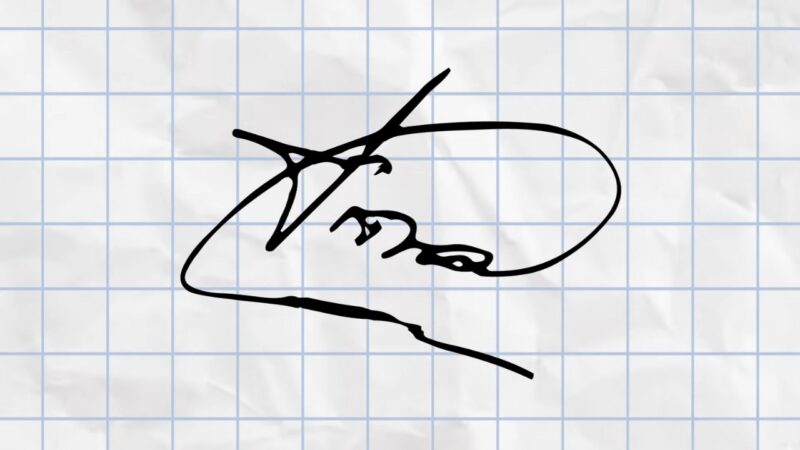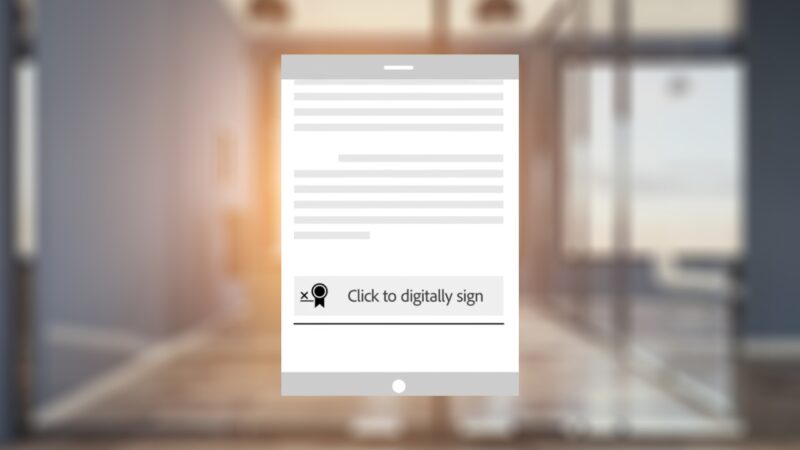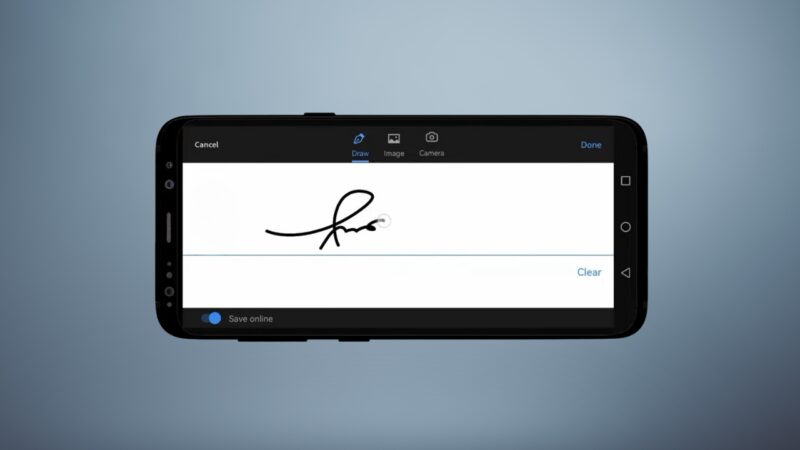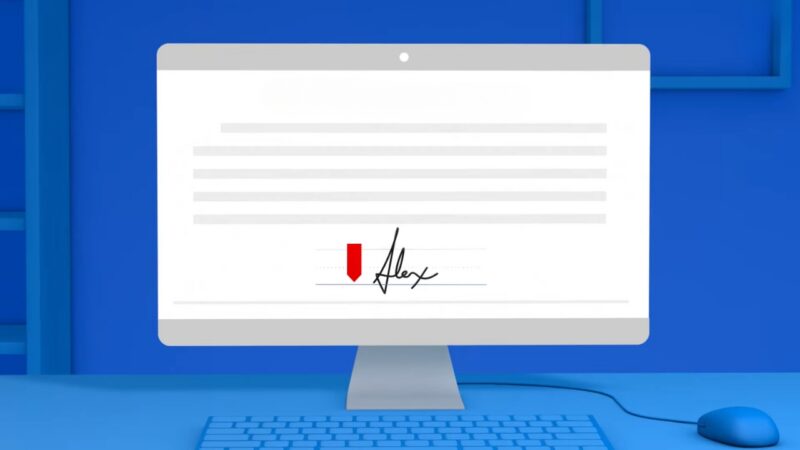In today’s era of electronic signatures, also known as e-signatures, they have become a tool for businesses aiming to streamline their operations and boost efficiency. Whether it’s contracts, approvals or authorisations, e-signatures provide a secure way to digitally sign documents eliminating the need for printing, scanning and mailing papers.
Furthermore, when integrated with Customer Relationship Management (CRM) systems, e-signatures can play a role in increasing productivity, enhancing customer satisfaction levels and fostering business expansion.
This detailed guide will take you through the evolution of e-signatures and how they can collaborate with CRM systems to transform your business processes.
The History of Electronic Signatures

The concept of e-signatures has its origins in the 1980s when businesses started exploring alternatives to handwritten signatures. The advancement of technologies and the internet paved the way for the creation of e-signature solutions that enable users to sign documents using various methods like typing their name, drawing their signature with a stylus or mouse or utilizing cryptographic techniques for identity verification.
Laws and Regulations
The acceptance and use of technologies by businesses and consumers have led governments worldwide to pass laws recognizing the legitimacy and legality of signatures. In the UK, the Electronic Communications Act 2000 established a framework for utilising signatures in online transactions opening the door for widespread adoption of e-signature solutions across various sectors.
Furthermore, the EU’s eIDAS Regulation (EU Regulation No 910/2014) bolstered the standing of e-signatures by setting out rules for electronic identification and trust services within the European Union. Within eIDAS, electronic signatures are categorized into three levels of assurance – simple, advanced, and qualified – based on their security measures and identity verification methods, ensuring standards for e-signatures across EU member nations.
Modern Day Status

Technological advancements have significantly contributed to the development of e-signature solutions enhancing their security, user-friendliness, and accessibility. Modern e-signature platforms utilize encryption methods, biometric authentication features and evident seals to safeguard the integrity and authenticity of signed documents instilling users with confidence in the legitimacy of their signatures.
In addition, the rise of cloud computing and mobile technologies has simplified access to e-signature solutions for both businesses and individuals, allowing them to utilize these tools from any location and device.
Cloud-based e-signature platforms seamlessly integrate with business applications and workflows enabling users to sign and manage documents within their software environments, including CRM systems such as ClientTree.
Incorporating E-Signatures Into CRM Systems
E-signature capabilities in CRM systems signify a progression in the transformation of business operations. Through this integration, businesses can enhance their document processes, foster collaboration and elevate customer satisfaction.
Customers no longer have to print, sign, and scan their documents, which traditional method was not always practical for people who didn’t readily have access to an office printer scanner, but it also saves time and paper, so environmentally more friendly.
Integrating e-signatures with CRM systems offers an advantage in streamlining document workflows. Rather than manually sending documents for signature via methods like email or mail organizations can now create, send, and monitor signatures directly within their CRM platform.
This streamlined approach reduces burdens speeds up the signing process and enhances productivity. The choice between YMail and Gmail for handling email correspondence can significantly impact the ease and efficiency of document management within CRM systems, influencing overall operational effectiveness.
Improved Team Collaboration

Integrated e-signature solutions promote collaboration among teams, external partners, and clients.
By incorporating e-signature features into the CRM system, users can easily share documents, gather signatures, and monitor document progress in time. This enhanced transparency and visibility during the signing process promotes communication and coordination among teams.
Enhanced Customer Experience
In today’s era, customers anticipate efficient interactions with companies. Integrated e-signature solutions empower businesses to offer a convenient signing experience to their clients allowing them to securely sign documents from any location at any time using any device.
By eliminating paper-based procedures and manual signatures, businesses can decrease delays reduce errors, and boost customer satisfaction.
Data Integration and Streamlining

Linking with CRM systems enables e-signature platforms to extract data from signed documents and automatically update customer records and workflows. This seamless connection removes the necessity for data input, ensures data precision and uniformity across various systems.
When a document gets signed, the e-signature platform can automatically update the corresponding record in the CRM system and trigger follow-up actions, initiate workflows like generating invoices or notifications.
All of these automated steps reduce manual admin time, which saves money for the business.
Security and Compliance Concerns
Data security and compliance play a role when integrating e-signature solutions with CRM systems.
It’s important for businesses to ensure that their chosen e-signature platform complies with data protection regulations such as GDPR and provides security features to safeguard sensitive information.
Additionally, e-signature solutions should support authentication methods, audit trails and encryption techniques to maintain the integrity and confidentiality of signed documents.
In the context of the financial services industry, having the above audit trail may also help in case of a complaint or fraud investigation.
Selecting the Right E-signature Solution for Your CRM System

When choosing an e-signature solution for integration with your CRM system, if the CRM software doesn’t already offer this feature, it’s vital to consider aspects like ease of integration, scalability, security, compliance and user experience.
Seek a solution that seamlessly integrates with your CRM platform, offers API documentation and developer support and aligns with your business needs and regulatory requirements.
Moreover, take into account the vendor’s reputation, track record in the industry and commitment to data security and compliance. Make sure that the electronic signature tool meets all the rules and standards, goes through security checks and updates, and provides clear pricing and licensing terms.
In Summary
Integrating e-signatures with CRM systems marks an advancement in digitizing business processes to minimize non-value added manual admin time and speed things up.
By incorporating e-signature features into CRM platforms, companies can streamline document workflows, enhance collaboration, boost customer satisfaction and drive business growth.
Choose the e-signature solution for your CRM system to access the efficiency, security and convenience of signatures in your business operations.
